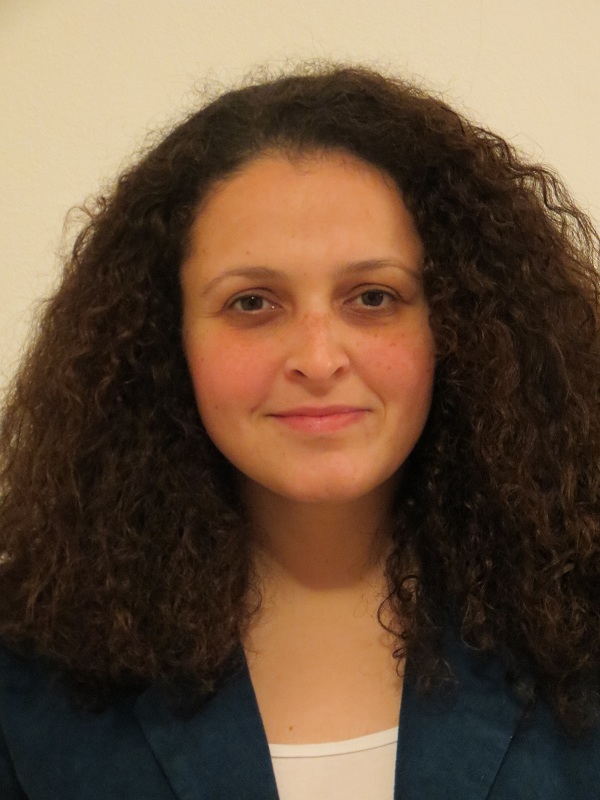As a current affairs and environmental journalist, I receive a deluge of updates and news about disasters happening all around the world every day.
It is becoming increasingly obvious that bold, quick, and collective action is required if we are to reverse the harm that has already been done to the earth. From the heatwaves sweeping through Europe to the drought and starvation in Karamoja (the northern region of Uganda, East Africa), the negative impacts of climate change are now our reality.
It is very sad to see that our school curricula do not help young learners to understand what is happening and how they can get involved, yet if the planet is destroyed, all that they have learned will be useless on a dead planet. Famine and floods are still displacing people throughout Africa.
Children spend at least 18 to 19 years in school in my home country of Uganda and across the entire African continent, so it is crucial that they are taught about the largest threat to their future—climate change.
If the system does not enable children to understand and grasp that the climate is changing, temperatures are increasing, and that everyone needs to get involved, teaching them about history, math, biology, and chemistry will no longer be sufficient.
I’ll use myself as an example.
In the roughly 21 years I spent in school, I learned more about the Great Trek and the damage the Dutch Boers did to my ancestors than I did about the devastating effects that the burning of fossil fuels will have on my future, the future of my children, and the future of their descendants.
Before I had the opportunity to receive training from the Union of Municipalities of Turkey in Ankara, who taught me about the Sustainable Development Goals (SDGs) and how climate change affects livelihoods, I was unable to fully discuss climate change and what it meant by the time I had graduated from school.
I needed to continue learning and making small progress in the ways and tools at my disposal to create and try to reconnect young people with nature because the two weeks I spent in Turkey were not sufficient for me to fully understand how I can be a solution and add my voice to the call for a sustainable future.
Climate change is already occurring and having an influence on people’s lives all across the world. Students and children have a right to know what is going on.
The drought in Karamoja and South Western Uganda, the landslides in Kasese and throughout Southern Africa, as well as the heatwave and bushfires in Europe, are all related to climate change. Why then shouldn’t our children learn about these in school?
Our ability to move forward and take significant action to address climate change will be influenced by what we learn about it and what we do not learn about it.
In November, when the Conference of the Parties (COP) convenes in Sharm-El-Sheikh, Egypt, I implore our leaders to discuss and mandate climate education for all students worldwide.
If granted the chance to attend COP27, I would like to demonstrate to climate leaders why climate education is necessary.
Jonah Kirabo: A Ugandan environmentalist and journalist covering environmental issues and current events for Nile Post News. He founded the Green Futures Initiative.




